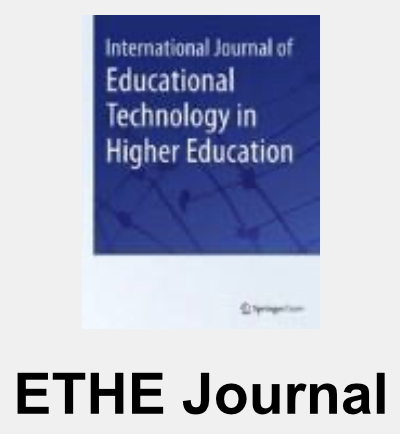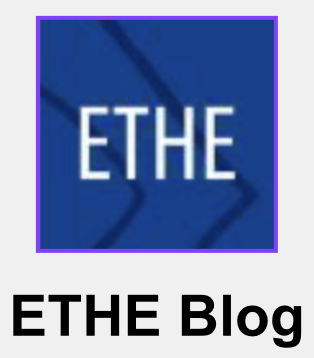Edul@b joins the staff training of the SELFEE project held in Budapest
After about half a year of life, the SELFEE project had its participating partners meet in a week-long joint staff training organized in Budapest (from March 26th to 31st, 2018) where Edul@b delivered two training sessions on ‘digital literacy for job search’. SELFEE (Digital literacy & Social Emotional Learning For Engagement and Employment) is a European Erasmus + project that aims at providing professionals working in the field of employment with new tools for developing transversal Digital and Social Emotional Learning (SEL) skills in unemployed persons at risk of social exclusion (e.g. the long-term unemployed & unemployed people from disadvantaged backgrounds). Present at the Budapest meeting were all five SELFEE partners involved, namely:
- LA XIXA Teatre (Spain)
- KÉPES Foundation (Hungary)
- DW-RS producties (the Netherlands)
- ELAN Interculturel (France)
- UOC Edul@b (Spain)
The consequences of long-term unemployment/repeated failures in finding a job can have significant psychological and social impacts: depression, loss of self-esteem, acquired helplessness and loss of social contacts. The SELFEE partners aim to reverse these negative processes by creating education programs that develop a combination of skills long-term unemployed people lack the most for reintegrating the labour market: social and emotional skills (SEL), digital skills and practical job searching skills. In addition to specific SEL skills that have repeatedly been found to be positively related to finding and maintaining a job, digital competences are indeed increasingly needed in the job market and for the job search itself. According to the European Commission, more than 40% of EU citizens do not have basic digital skills, and this lack of skills has a negative impact on long-term unemployment and inequality.
Thus, as part of the SELFEE project, members of the Edul@b research team (Montse Guitert, Teresa Romeu, Gemma Abellán and Jean-François Colas) have developed tools that professionals can use to teach some basic digital competences to (long term) unemployed people as well as training in the use of these tools, and the joint staff training at Budapest was meant to share these materials with partners and to initiate their training in designing their own interventions with final beneficiaries. A main UOC output for the project, the newly drafted ‘Digital literacy for job search’ Handbook for trainers was presented, in two phases (for a total duration of about 6 hours):
- first, the theoretical framework on digital literacy and the methodological background onto which SELFEE trainers can base their job-search training interventions.
- second, a set of practical guidelines for assisting trainers in their contextualised application of the digital literacy framework (it includes practical guidelines, hands-on activities for the long-term unemployed citizens, end-users of the SELFEE digital literacy training).
At the end of the two sessions, the initial training designs that each partner produced were shared. This was the opportunity for a much useful debate on the definition of a common digital training program for SELFEE and how to integrate it with the variety of creative methods (dance, theatre, storytelling and applied psychology) that each partner will also use to help the unemployed citizens developing their SEL and job-search skills. In the course of the project all training materials will be made available for professionals on the SELFEE portal. This portal will also offer information and exercises for the unemployed. UOC will contribute to the creation of this portal. All information will stay available there for 3 years after the end of the project, which is foreseen by the end of October 2019.






